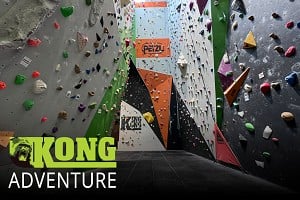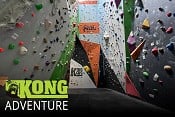In reply to wbo2:
> Probably the biggest thing I learnt is how long it took to acclimate. You sometimes see acclimation plans for Mont Blanc over a couple of weeks and I honestly doubt how much the achieve beyond a psychological effect
Exactly. This is one of the most misunderstood, miscommunicated areas in climbing, whose medical side already suffers from not enough clinical data and too much personal anecdote. I've given up trying to convince people, as they usually can't see past their very limited personal experience. The science indicates the true timeframes, but so many people seem to think that doesn't apply to them.
In addition to the science, if you look behind some of the best climbs/performances of recent years by top climbers you will see they took weeks doing something to acclimatise before they started their main expedition. Otherwise, anything other than plodding up moderate snow above 6000m gives you an indication of just how unacclimatised you are.
There's no good reason around 50% of people fail to summit easy peaks like Kilimanjaro - they just don't take enough time. I've seen it on mountains all over the world. People who have summited Everest would scoff at Vinson being 'only' 4892m, but then have no answer why, after a week or less at 2000-3700m, they still took 6-8hrs to ascend just 1200m, and were so exhausted when they got there.
People climbing Everest never "get acclimatised" to 6000m or 7000m or even 5300m. They're just getting enough to temporarily survive and then managing their decline. The practical effect is that people are summiting big popular peaks in such a marginal state that they can't do anything beyond just existing, can't deal with unexpected problems, and can't help anyone else.
As for the hypoxia tents, I think I wrote it in that other thread, but to make the most of them at home before the trip you needed to be in them rigorously most of the time, something pro athletes can justify, but something very hard for the corporate Type A folk to manage, who are the usual target for such programs.









